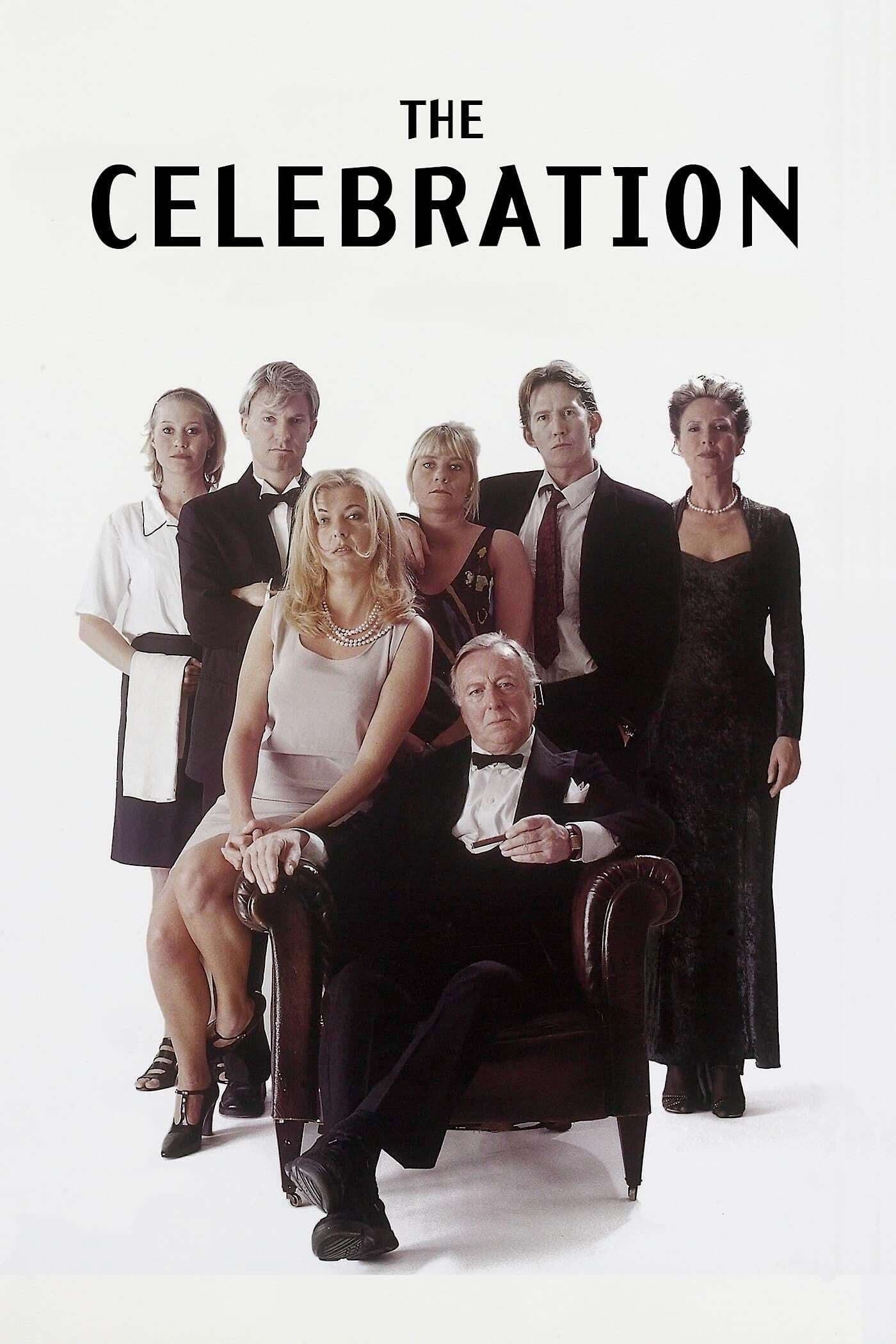
The Celebration
1998
Rate this movie
Average: 4.00 / 5
(1 votes)
Director
This is the first film to adhere to Dogma 95, the cinematic movement founded by Lars von Trier and Thomas Vinterberg himself. The Dogma manifesto contains a decalogue of rules that every subscribing director must adhere to: no set designs are to be used, no camera setups are to be installed but the camera must always be handheld, sound must be recorded live, no soundtrack, artificial lights and filters are not permitted, etc. All of this was to free cinema from the gangrene of special effects and billion-dollar investments. It was not a mere stylistic exercise, nor an avant-garde whim in itself, but a true declaration of war against rampant artifice and the Hollywood homogenization that threatened to suffocate any authentic artistic expression. The "Vow of Chastity" imposed on directors was not an obstacle, but a bridge towards narrative and emotional purity, an almost monastic quest for truth through the limitation of resources. The absence of technical artifices was not a renunciation, but a liberation, an act of faith in the power of the story and in the actors' ability to communicate without veils.
Vinterberg thus creates a work adhering to such rigorous canons, resulting in a wonderful family melodrama. The choice of the handheld camera, far from being a mere genre convention, here becomes an intrusive and participatory eye, almost an added family member, moving restlessly among the characters, capturing every grimace, every hesitation, every outburst of anger with an immediacy that pierces the screen. The often overexposed or underexposed shots, the audio that sometimes gets lost in a chaos of voices and ambient noises, are not technical imperfections but narrative tools that immerse the viewer in an atmosphere of raw reality, amplifying the sense of unease and impending catastrophe.
An elderly patriarch turns sixty. What better occasion to gather his cheerful family in the ancestral family castle and celebrate together? But something creeping will turn cream into acid, and the joyful occasion will transform into a long, inescapable dialectical nightmare. This annual ritual, which should cement unity and the facade of perfect bourgeois harmony, becomes the stage for an intimate drama that opens with lacerating gashes into the dark side of the human soul. The setting itself, an ancient and seemingly majestic castle, soon reveals itself to be a gilded cage, a claustrophobic theater where ghosts of the past dance among the banquets, poisoning every mouthful of apparent joy. The celebration, far from being a festivity, converts into an ordeal, a domestic tribunal where accusations are hurled like boulders and truth emerges with hammer blows, shattering every convention and hypocrisy.
The confrontation between father and family takes on the tones of a Gothic fresco, with the space dividing the two contenders populating itself with monstrous past guilts, whispered and finally shouted crimes, a hatred initially subterranean then rampant. In this descent into domestic hell, Vinterberg evokes the echo of great Greek tragedies, where destiny and ancestral guilts inexorably befall the protagonists, but he does so with a brutality and contemporaneity that recall the psychological ferocity of a Haneke, devoid of all sentimentality, or the surgical dissection of family relationships typical of an Ingmar Bergman. It is not a supernatural horror, but the worst of monstrosities: that which nests in the heart of the family, within the domestic walls, where love should reign supreme, but instead abuses and silenced betrayals fester. The pain of those who have suffered and the complicity of those who have remained silent create a palpable, almost suffocating tension that can be cut with a knife, like the wedding cake that will never be cut.
Thomas Vinterberg writes and directs a refined, sober, and elegant film. Despite the rawness of the theme and the aggression of the truths revealed, the direction maintains an almost clinical precision, an admirable control that avoids any easy sensationalism. It is an elegance that resides in essentiality, in the ability to bring forth the purest horror with minimal means, letting words and silences, gazes and reactions, speak for themselves with devastating power. Crystalline in its dialogical alternation and emotional tensions. Every exchange of lines is a lunge, every revelation an earthquake that shakes the foundations of a precarious balance. The film not only discomforts but shakes the viewer from their certainties, forcing them to look into the abyss of family dynamics and the perverse dialectic of power. It allows no room for rhetoric or emotional redundancies, but like a sharpened blade, it hisses directly to its target, piercing the audience's emotional defenses and leaving an indelible mark. "Festen" is not only a milestone of Dogma 95; it is a timeless work on the fragile, often poisonous, nature of family ties and on the moral imperative to confront the truth, however painful it may be, a liberating cry that tears through the veil of bourgeois hypocrisy and still resonates today with the force of a modern classic.
Genres
Gallery

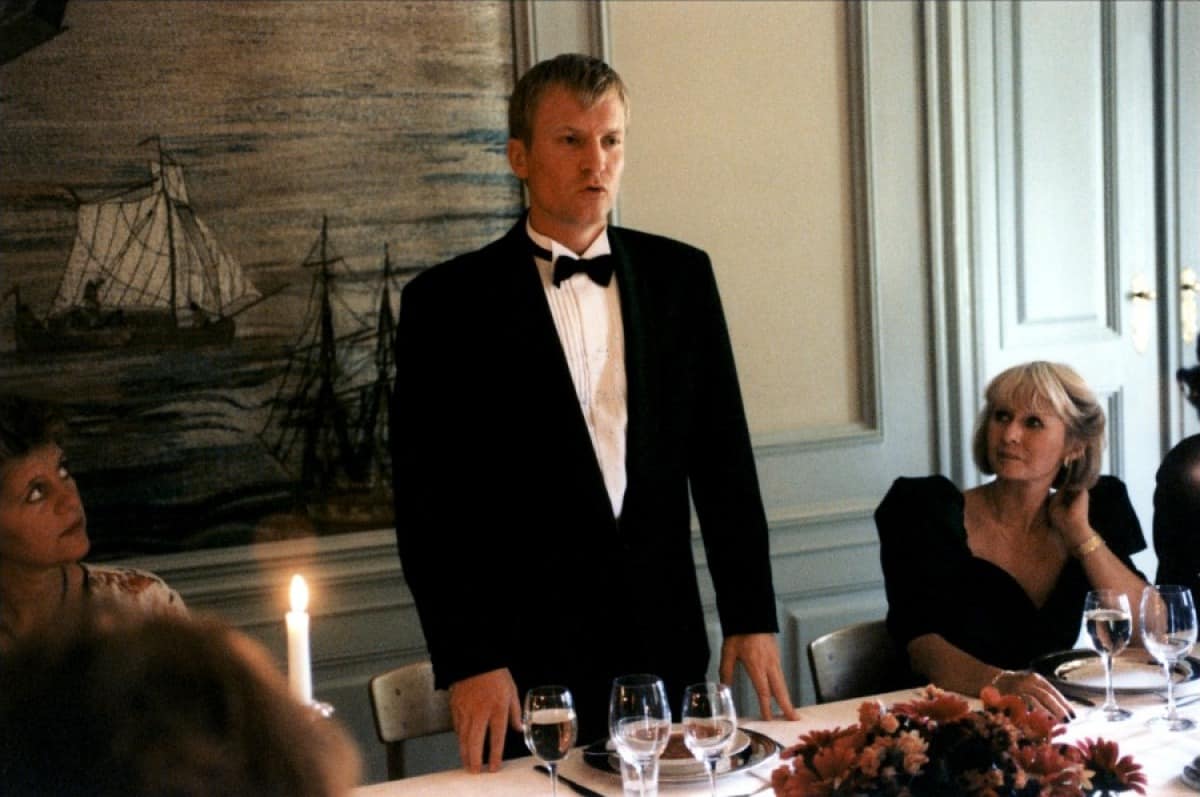

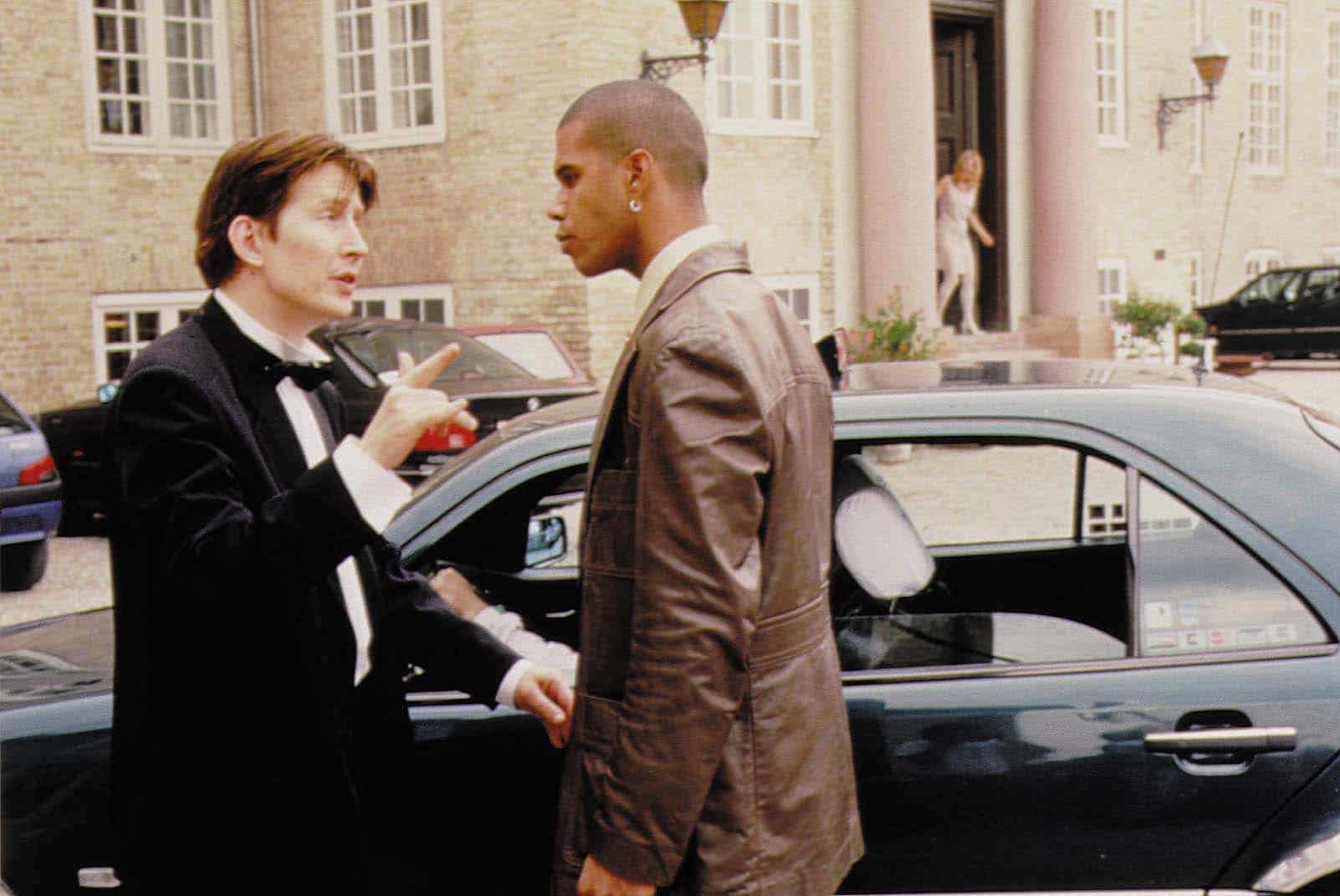
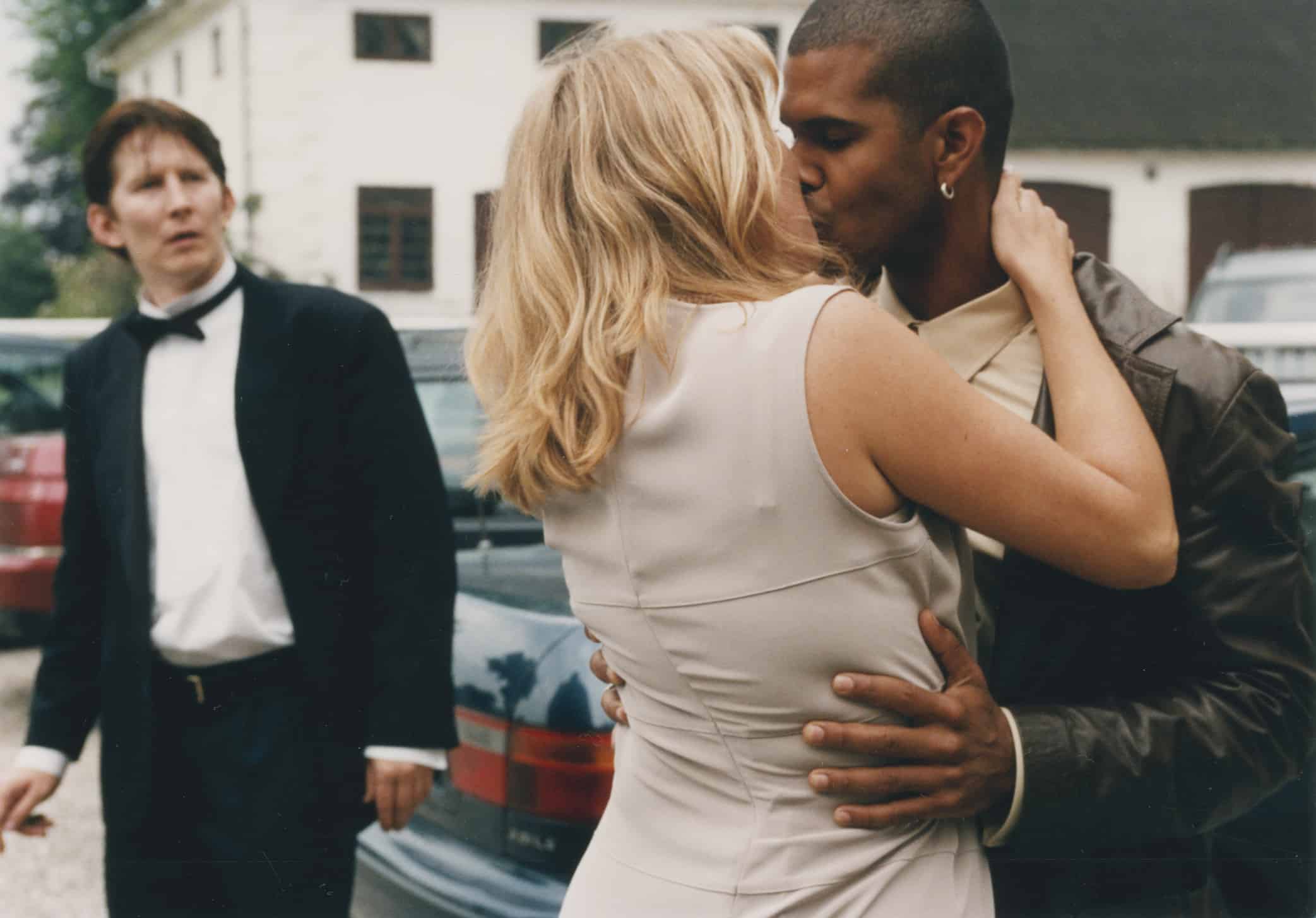

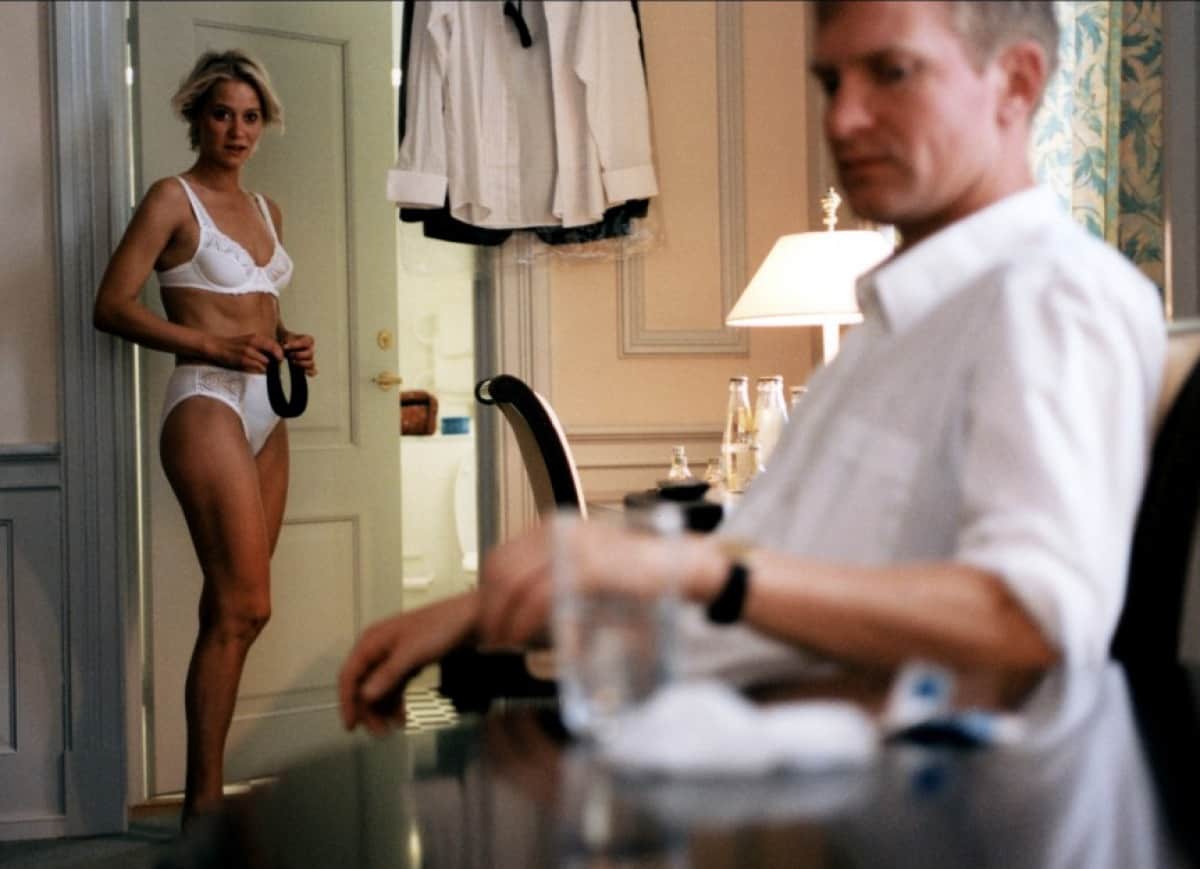
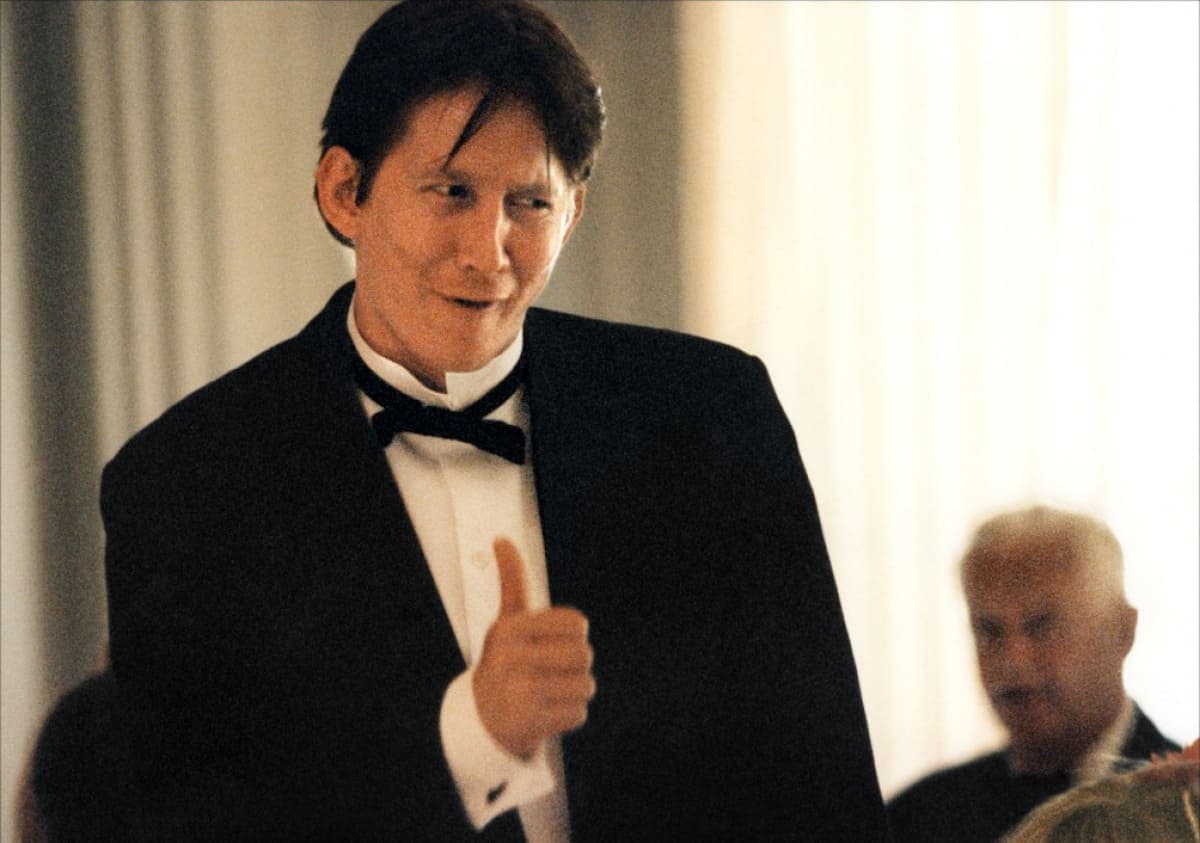

Comments
Loading comments...